Some untold stories about tea and teashops of Kerala; Really nostalgic
Let us go back to those nostalgic 1970s or 1980s or the decade before that, and walk through the streets of villages at dawn break. Small teashops will be opened at early morning, mostly targeted at businesspeople, sellers and those who prefer a morning walk. Tea is available at home also. Yet a few people, mostly villagers had the habit to reach nearby teashop at a particular time, where he gathers with a group of friends. He may take a towel to put on his shoulders and directly march to tea shop. With a hot cup of tea in hands, he gets involved in gossips with friends and also passes different types of information. Get a few interesting facts about Keralites’ own Sulaimani and also 10 easy tips to make tasty tea.
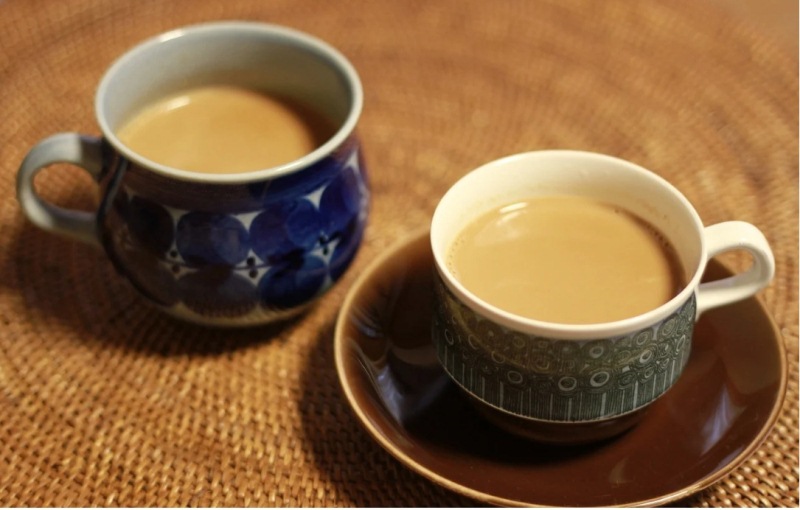
Most teashops were not concrete buildings then. They were only temporary settlements with thatched leaf roofs, a lantern and a few wooden benches and tables. Those benches may not be fixed properly. “A double strong tea”! Customers used to give orders in high pitch voices, when the teashop owner may be the single person to handle everything. Yet it’s ok, customers need not turn formal. Everyone around are our own people, our native villagers and neighbours, and a few relatives too.
With a cup of hot tea in hand, they just start gossiping. “What happened to that stolen banana?” “Definitely he is the thief; I have seen him loitering around”. Here it unfolds detective tales of local Sherlock Homes. A radio which broadcasts Akashvani News and old nostalgic film songs will be placed at a corner of the shop, with loud sound. Decades back when radio was not so common among masses, teashops served as a relay station of news broadcasts.
Those gatherings are rarely seen today, where social networking through smart phones is more frequent than social life. What left are a few nostalgic moments to ponder! Without news and a cup of tea, it’s not possible to start a day. Yet certain habits have gone. Tea also has different flavours and types and it differs based on blending too. They are known in local names – Kattan Chaaya, Paal Chaaya, Kaali Chaaya, Podikattan ……
White tea – One of the expensive tea variants
When you move outside Kerala and travel around world, one of the popular tea variant is white tea. Only tender leaves are used for its manufacturing. Tender leaves are picked, dried and then packed. It’s too expensive too. Now it’s the trend of green tea, best known for its health benefits because of the presence of antioxidants. Read more. Tender leaves and buds are dried and used as green tea, and it doesn’t undergo normal withering and oxidation process, thus retaining its health values.
To prepare green tea, water is boiled till 100 degrees and then wait for a few minutes till it reaches 80 degrees. Add a few tea leaves and close the teapot with a lid. After 5 minutes, strain the tea and use. When people turned more health conscious green tea turned popularity among the masses. Yet the charm of normal milk is never to fade soon.
Tea has many benefits. It’s one of the best drinks for refreshment. Potassium, Magnesium, Folic acid, Vitamin A, B1 and B2 etc are some of the components present in tea. It reduces the level of cholesterol in blood, blocks tooth decay and improves digestion process in a better way. It improves concentration and reduces tiredness – studies say.
Local teashops serve different types of tea
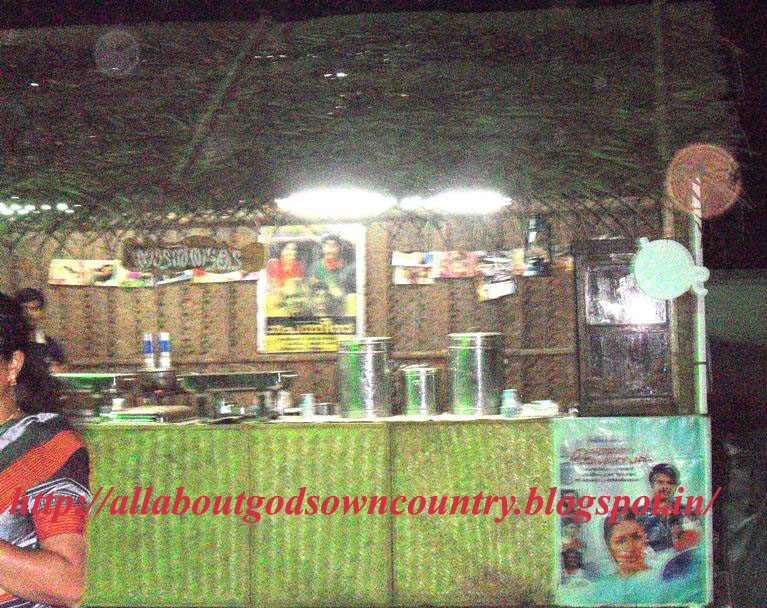
Let us come back to Kerala and visit a nearby teashop. ‘Meter tea’ is the star among all variants. After mixing milk, sugar and tea, using two glasses, the shop owner creates a 1-metre ‘waterfall’ by transferring tea from one glass to another in a unique pattern and rhythm. It looks like he is a magician, doing some kind of magic with his magic stick and two hands. It’s still a common sight of Kerala teashops, which refuses to fade.
When water is boiled, tea powder is added followed by sugar, it is called black tea. Malayalis love to call it ‘Kattan Chaaya’, where milk is absent and it’s cheapest among tea groups too. When Communism entered Kerala, Kattan Chaaya and the snack, Parippu vada were quite common in political meetings. Kattan Chaaya used to be a celebrated drink then, way back in the 1950s and 1960s. It served the purpose of both good sleep and sleepless nights those days.
Podikattan is slightly different from Kattan Chaaya. First put tea powder in a glass, followed by boiling water. Then add sugar and mix it with a spoon. Podikattan is never poured from one glass to another like a meter tea, which makes it different from normal Kattan. When sugar is not added to tea, it becomes Kaali Chaaya. When boiling water and sugar is added to milk (without adding tea powder) it becomes Vella Chaaya, which can be literally called White tea, but not as the same expensive one manufactured from tender leaves. When a raw egg is added to it, it turns Mutta Chaaya (egg tea). Tea can be served in cup or glass. Ara Chaaya (Half tea) and Full Chaaya (Full tea) are other common terms.
Paal chaaya or normal milk is fortunate to become a part of the ceremony, where a boy meets a girl for an alliance, in the presence of elders. How many lives have changed after such tea glasses were exchanged! In Malabar region among Muslim communities, there is a reception which starts with serving tea. Everything just follows this cup of hot tea! That’s what we say, ‘a storm in a teacup’ – just kidding.
Every region has its own special tea. Special tea of Kasaragod is like a colourful box, which has multi-coloured tea layers. All are different shades of tea colour with foams as the uppermost layer. Biryani Tea is the speciality of Thiruvananthapuram, which is similar to chicken-rice layers of biryani. It resembles a multi-coloured rainbow. First layer is dark brown shade of Kattan, followed by white shade of milk and finally milk foams. It’s so beautiful.
There is a special tea made in Leela hotel of Kovalam. Coriander seeds and other spices are made into a bundle using muslin cloth, and immersed in boiling water. After tea preparation, cilantro and mint leaves are also added.
Boiling Samovar – An integral part of every teashop
Right from the moment the hearth is burned, till it is put off, the big copper container known as Samovar is fully engaged in work. Its work is to boil water, used for preparing tea. While it is boiling it always produces a distinct sound. Since decades a 25-paise copper coin is put inside Samovar. Teashops usually have less employees and usually a single person will be assigned multitasks such as preparing steam cake and appam, frying masala for Kadala Curry, collecting banana leaves to serve as leaf plates, cutting onions for curry etc.
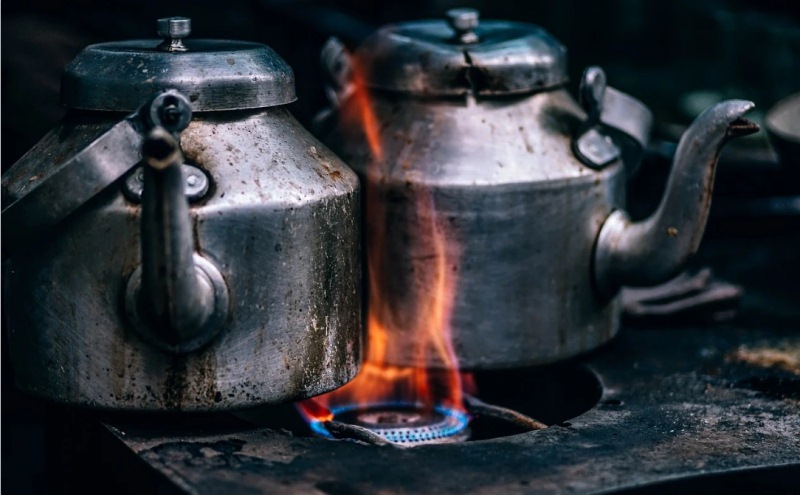
When he travels around the corner with his multitasks, he can’t stay in front of samovar and check if water boils. Putting a coin in the vessel is an easy idea to let him know water has started boiling. When water boils, due to the presence of coin, it produces a sound. The sound keeps going till the flame is put off.
Do you know, what is Chaaya Pinchi? It’s a type of strainer used to filter tea from tea dust. It has a long handle and has a long bag like structure at other end. This strainer always has some extra quantity of tea dust, which is used to prepare many cups of tea. Boiling water is poured through strainer into a glass or vessel multiple times till the desired strength of tea is achieved. When tea is poured from one glass to another with 1 meter distance apart, it’s a unique sight to watch. It holds a rhythm too. When it is done so, it adds extra foams to the tea, and extra foams add extra taste too.
As per popular belief, black tea was first made. Milk was added later only. Who might be the first person who discovered that milk can be added to black tea to get a flavoured drink, which will be loved many generations to come? Similarly who might have made tea first using the milk of goat, sheep, buffalo etc?
It’s true tea is an integral part of social life and one of the best drinks to welcome guests. Tea has witnessed many of the important moments of our lives too. If milk is not available at home, and an uninvited guest has arrived, you can satisfy him with black tea or green tea. You can make special tea with coconut milk, or cashew tea by taking raw cashewnuts from the tree of your courtyard. 4 raw cashewnuts are sufficient to prepare a cup of tea. Grind it to a smooth paste and use.
Some interesting tea tales across the globe
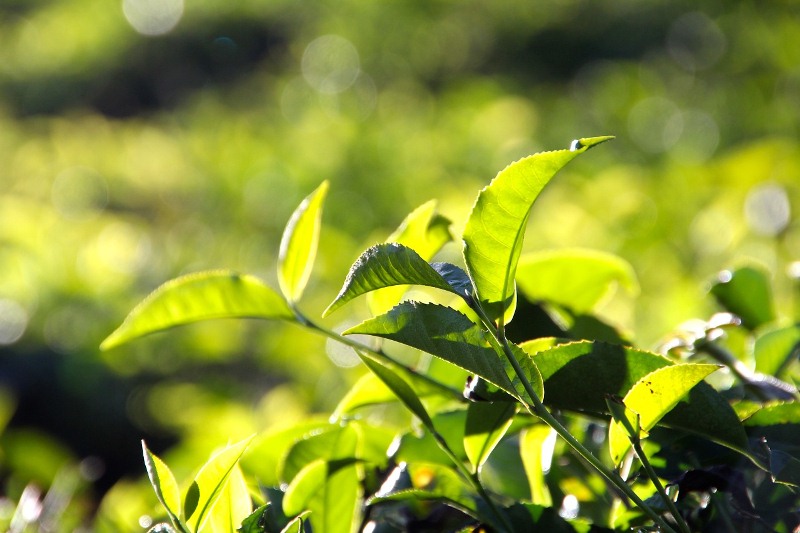
When you enter a home as guest in the morning or evening, in most cases the first question you receive would be, “Shall we take a cup of tea?” Yes, often tea becomes the other word of love, gratefulness and care. Do you know when tea was discovered by man? 5000 years back. According to legend, tea was accidentally discovered by the legendary Chinese emperor Shen Nung, who was a herbalist too.
One day his cook was boiling drinking water in a hearth for the emperor. While he was putting twigs of trees and leaves into the hearth, some leaves accidentally fell into the water. An aroma spread around and when the air took this smell to Shen Nung, he started searching for it. He tasted the water and liked its taste. It was world’s first ever tea tasted!
There is an Indian version story too. A sage took vow to do meditation for long 7 years. After 5 years he started feeling sleepy which affected his meditation. To avoid sleep he chewed the leaves of the plant near to him, and to his surprise he felt refreshed. For the next two years he didn’t sleep and completed the meditation with the help of this herb. As per legends, he chewed tea leaves.
Do you know when Malayalis started drinking tea? It is not so far and only in the 19th century. A foreigner named Dr. Christy reached Kerala from Britain in the 19th century. He started loitering around and got astonished to see tea plants growing as wild plants. Though he told others that tea leaves can be used to drink tea, none of the natives were convinced who were used to spicy hot drink made using coriander seeds and dry ginger. To accept sweet drink, replacing the chilli hot one was not at all possible for them.
Christy was not willing to give in. Instead he prepared tea in a vessel in bulk quantity and distributed among the local people. He continued this process thus popularizing tea among the masses. Later many foreigners arrived in Kerala who started tea plantations in Nilgiri hills. Slowly it spread to Munnar and other places. Thus we also started drinking tea.
Shall we prepare an excellent tea?
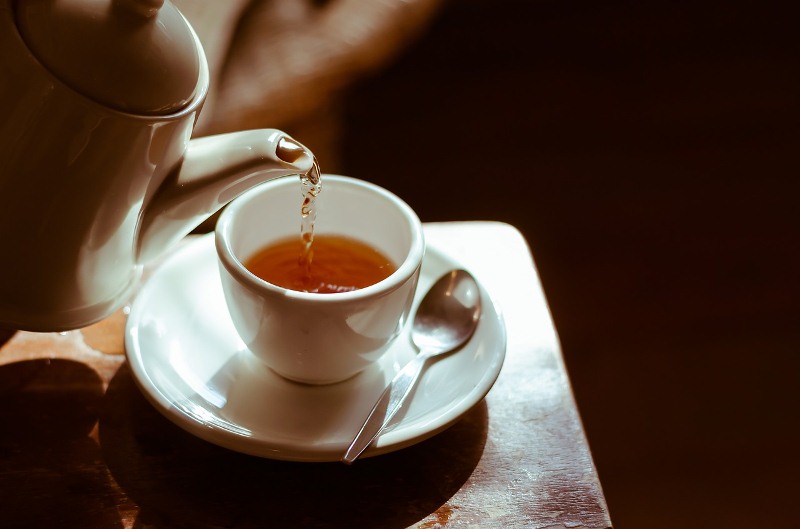
If you want a good tea, boiling tea and sugar in water is not sufficient. It has a procedure. Take a metal, alloy or glass container. Just before water starts to boil and bubbles start to appear, add tea powder. Close the vessel with a lid and put of the flame quickly. After 5 minutes, you can strain tea. Now add sugar. When you boil tea too much, it loses its anti-oxidant properties along with essential nutrients which make tea so special. It loses its quality, taste and pleasant aroma too.
If you want to make milk tea, never boil water and milk together. Boil them separately. Never put off the flame as soon as milk starts boiling. Instead keep milk in low flame for a few more minutes. keep stirring for a few minutes. It makes your tea tastier. Transfer tea and milk to a glass in required proportion and add sugar. Stir the contents using a spoon. You can also adopt ‘Meter tea’ procedure of teashops. Foams make tea tastier.
Tea should not be extra hot burning the taste buds. Instead drink in medium heat. When you adopt the above method for tea preparation, it will be mild hot only. When you take first sip of very hot tea, it will be an unpleasant feel to your taste buds. To know exact taste of tea, avoid sugar. Light aroma of tea dust and lukewarm tea is really an enjoyable drink. If you are used to it, then you will love it most. Staying away from sugar is good for your health too.
What can be served with tea? Breakfast, snacks, biscuit, tarts, brownies or cake – anything of your choice.
Try these special teas too
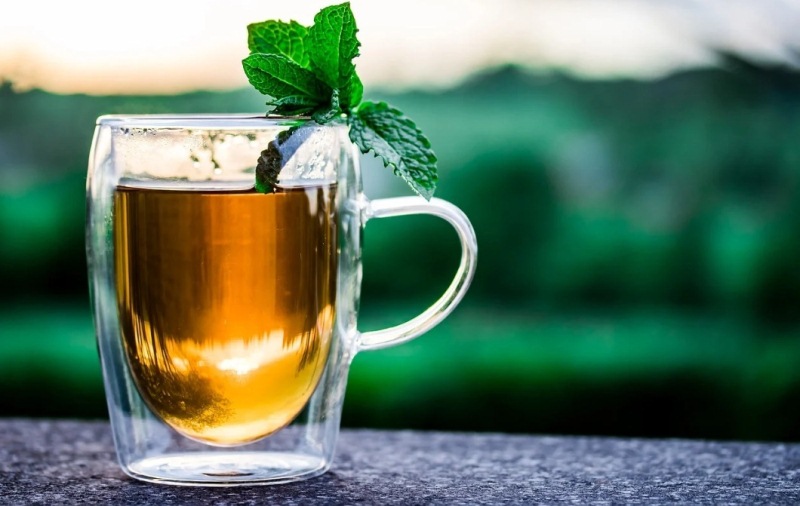
Are you bored of regular tea? You can prepare delicious tea using fruit extracts of grapes, apple, watermelon, passion fruit, pomegranate, orange etc. Fresh pulp is best. If you use preserved fruits for preparing tea, it won’t taste nice. Shoe flower tea, tender coconut tea with bites of tender coconut, lemon tea or Sulaimani etc are a few more variants.
You can’t prepare Sulaimani by just pouring lemon juice to black tea. When you boil water for tea, add a little lemon skin after removing the white inner membrane. Then add tea powder and strain it to the serving glass. Finally add a little lemon juice and enjoy the drink.
It’s said that Russians enjoy tea most. They celebrate tea drinking. They add vanilla and cinnamon to orange to prepare Russian tea, which is considered a royal drink. Intense black tea is used by British for breakfast. Tea ceremony of Japanese is famous. The leading lady of the home wears traditional dress Kimona and prepares tea. Then she serves tea in special dishes. Tea ceremony which ends for almost 4 hours is the best occasion for gossiping. Buddha monks enjoy tea. In Sri Lanka and Malaysia, milk is substituted with condensed milk for tea preparation.
Tea has a few more peculiarities. It fully dissolves in anything and can accept anything. That’s a special talent, isn’t it? It’s said that we should never put coffee powder and tea powder together. After some time tea powder owns the aroma of coffee powder. Put a little cardamom or cinnamon in your tea dust container. After sometime tea loses its natural aroma, and changes to a new flavour which stays close to the respective spice. Yes, tea is not reluctant to easily mingle and dissolve with anything. Where else can be find such a rare phenomenon except in those love stuck youngsters!
You can prepare curry using tea
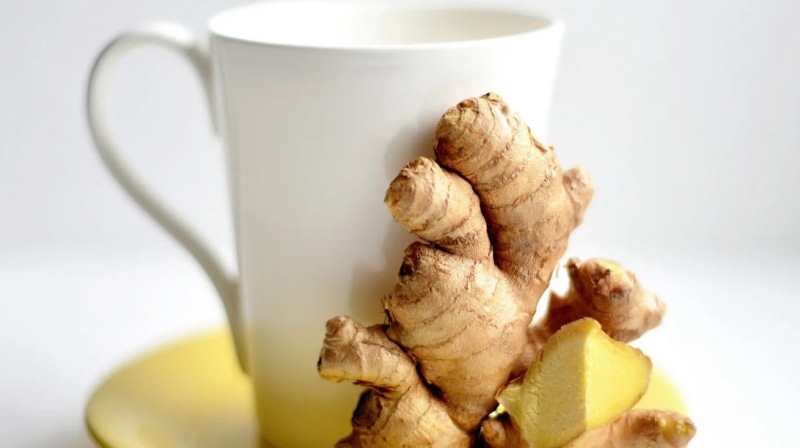
When you think about tea, the first thing which comes to your mind is a hot cup of tea. Though best used as a drink, in North India, it is used to prepare a few side dishes too. A few North Indian curries definitely have the presence of tea.
Intense colour of Chana masala is because of tea. When you soak Chana overnight in water, add a few teabags too. It gives a mild aroma of tea to the dish and also intense colour. You can use tea in a few puddings. Ice tea is popular in Thailand. Using chilled tea they make excellent cocktail
Moringa leaves tea of Bahamas is a healthy drink. Moringa leaves are dried under shade and made a powder. Boil water and add sufficient quantity of this powder. Close the lid, put off the flame and drink the tea after 5 minutes. It’s good for stomach related diseases as well as diabetics. It also improves skin tone.
Ginger tea is quite common in India. You can bring a twist to your ginger tea by adding a little lemon juice, pineapple juice, turmeric and pepper. You can also prepare tea using lemon grass, guava leaves, leaves of mango tree etc. If you want a spicy hot drink, add cinnamon, pepper, cloves and cardamom to your normal sugar tea.
Image source: Pixabay

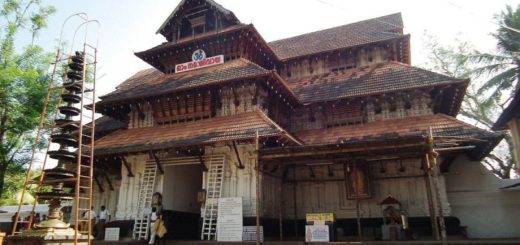
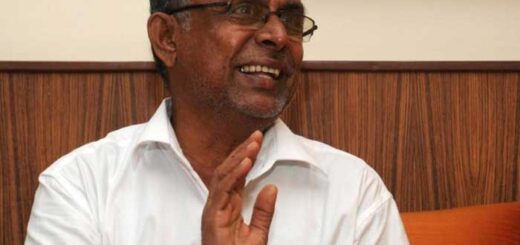
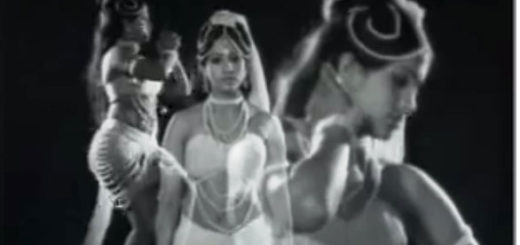


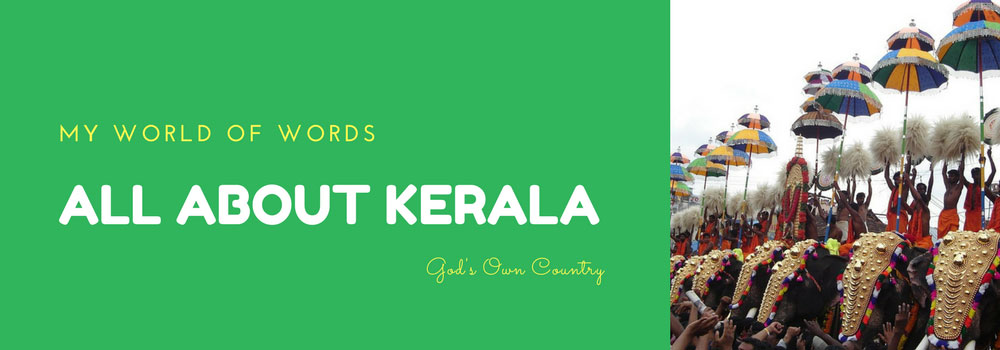
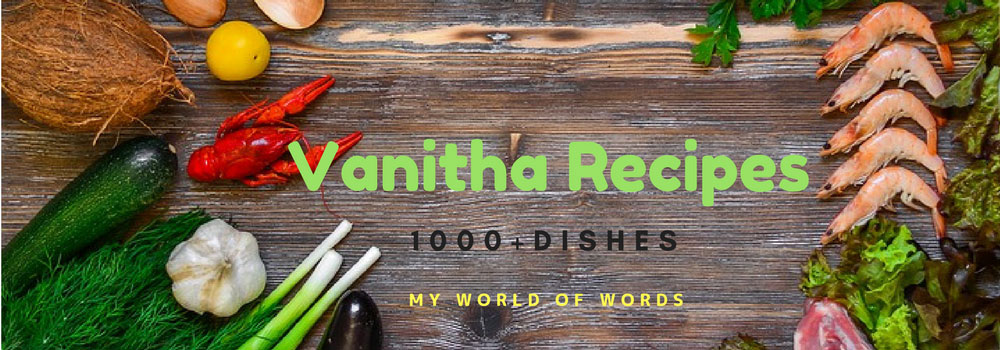
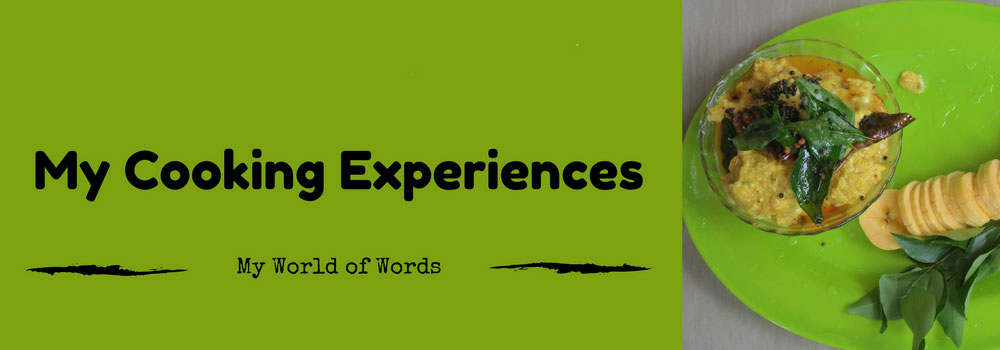


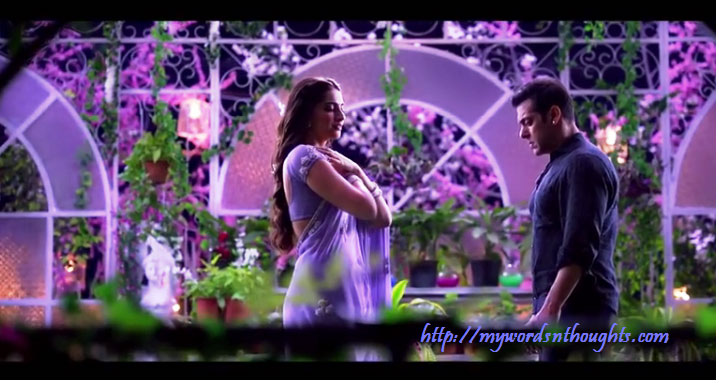
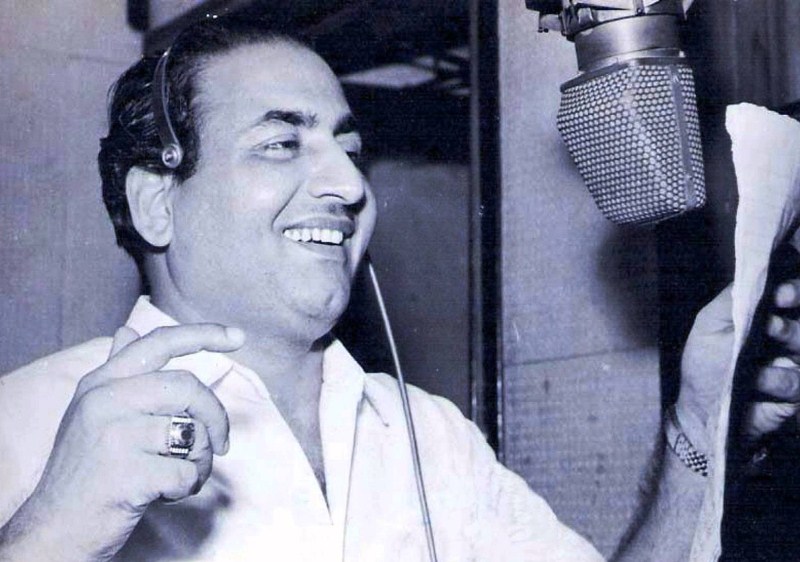
I like pepper- mint tea
Not tried yet.. I love to have normal tea three times a day. Occasionally coffee. Actually am a tea addict